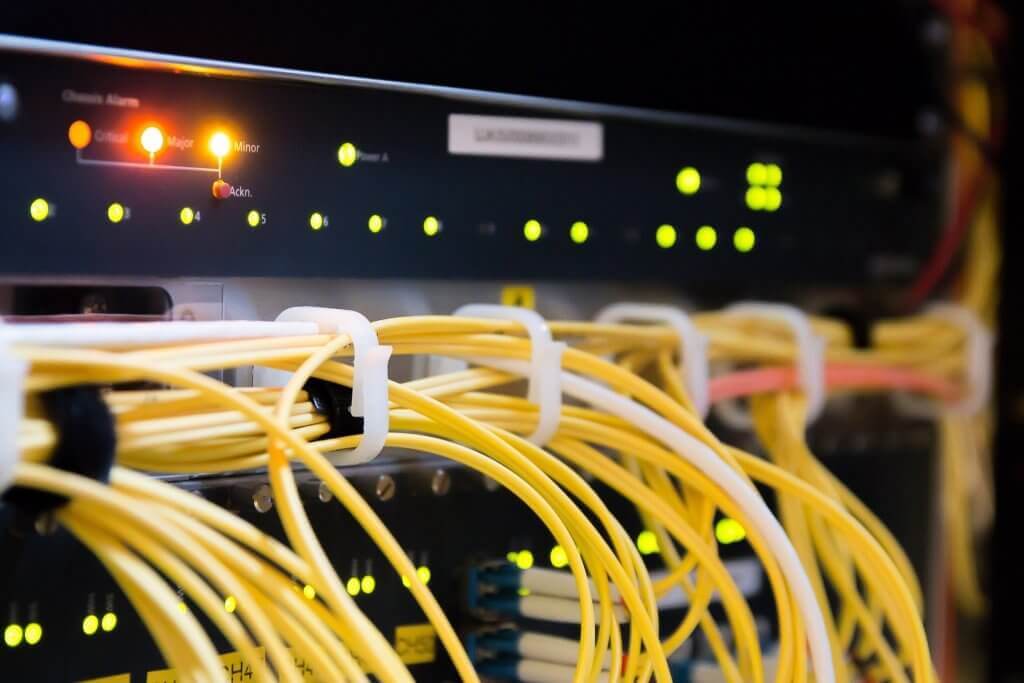There’s a plan in place for expanding broadband and satellite internet to rural areas of the United States.
However, negotiations with the infrastructure bill have slowed the rollout of the expansion, and the project could be stalled even more if politicians on both sides of the aisle can’t come to a resolution.
Democrats have battled back and forth about the details that are in the infrastructure bill that President Biden wants to get passed as quickly as possible.
There’s a little bit of everything in the bill ranging from money to fund road improvements to funds for childcare for families.
Even though it might seem like a small piece of the puzzle, funding to help bridge the digital divide that’s seen in the country is in jeopardy if an agreement isn’t reached soon.
Two Bills in Play
There are two bills that have been discussed that are at the center of President Biden’s agenda.
One is an infrastructure bill that totals about $1.2 trillion. The Senate already passed this bill in August, but it’s getting hung up in the House of Representatives because Democrats and Republicans are unable to reach an agreement about the amount of the bill and what’s included.
Funds in the bill would be used to upgrade some of the roads across the country, bridges that need to be repaired, and some of the electrical grids that need to support more people who have moved to cities across the country.
About $65 billion in the bill is set aside for improving broadband services and structures.
Sides Against Each Other
The progressives in the House are led by Pramila Jayapal.
The Washington Democrat has proposed trying to sink the current bill if there isn’t a larger human infrastructure bill passed that includes paid leave, childcare funds, money for community colleges, and other ways to help families that are struggling as well as students who are in school.
There are also two moderate Democrats who believe that the original price tag of the bill at $3.5 trillion is much too expensive.
These Democrats are Joe Manchin and Kyrsten Sinema. They want the price knocked down by about half and only include things that are necessary.
Nancy Pelosi, who is Speaker of the House, postponed voting on the bill and hopes that the final vote can come by the October 31 deadline that has been set.
President Biden believes that both aspects of the bill are essential for getting the country back on track and for improving all areas of the country so that it can succeed in the future.
The bill is one of the most important components of the Build Back Better agenda that President Biden has talked about since he took office.
President Biden believes that the bill can be passed regardless of how long it takes. Some experts in the internet industry are looking at the possibility of the worst outcome as the funding could be greatly reduced or removed altogether.
There’s likely one chance at getting the funding passed so that the digital gap between urban and rural areas is closed. About $42 billion is in the bill for equipment that can be used in rural areas where broadband doesn’t exist and another $14 billion that’s been set aside for a permanent subsidy to help families pay for internet services.




